Study: Benefits of fermented rapeseed meal on growing pigs
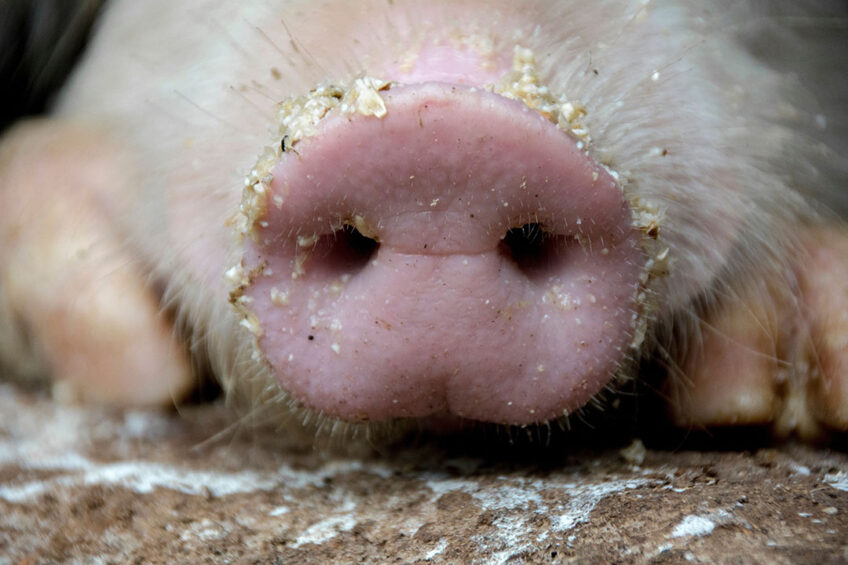
Fermented rapeseed meal has a positive effect on improving the growth performance and intestinal health of growing pigs, according to Chinese research.
They claim that the results of a recent study may also help develop novel protein sources for animal nutrition and the feed industry.
The study, carried out by the Institute of Animal Nutrition, Sichuan Agricultural University, involved 30 growing pigs that were randomly allotted to 3 treatments:
- corn-soybean meal diet (CSD),
- rapeseed meal diet (RSD), and;
- fermented rapeseed meal diet (FRSD).
Weight gain
Results showed that compared with RSD, FRSD feeding increased the average daily gain and final body weight in pigs (P<0.01). Compared with RSD feeding, FRSD feeding elevated the apparent digestibility of crude protein, acid detergent fibre and ether extract in pigs (P<0.01).
Ileal digestibility
The FRSD group exhibited greater apparent ileal digestibility of His, Thr, Lys and SER than the RSD group (P<0.01). The digestible energy, metabolic energy and nitrogen utilisation were higher in the FSRD and CSD groups than in the RSD group (P<0.01).
Enzyme activity
As compared to the RSD, FRSD feeding decreased the serum concentration of leptin but significantly increased the concentration of immunoglobulin (IG) A, IgC, IgM and enzyme activities of amylase, lipase and trypsin in the pancreas (p<0.05).
Villus height
Researchers found the villus height, the ratio of villus height to crypt depth and the activities of brush border enzymes, such as maltase and sucrase, in the small intestine were higher in the CSD and FRSD groups than in the RSD (P<0.05).
Gut health
As compared to the RSD, the FRSD feeding not only increased the expression level of the occludin in the small intestinal epithelium (P<0.05) but also elevated the expression levels of SGLT1 and CAT1 genes in the jejunum (P<0.05).
E-coli level
And importantly, FRSD feeding significantly decreased the level of Escherichia Coli, but increased the abundance of Lactbacillus and the content of butyrate in the cecum and colon (P<0.05).
*The study was published in the Journal of Animal Nutrition – Effect of fermented rapeseed meal on growth performance, nutrient digestibility, and intestinal health in growing pigs – ScienceDirect.
 Beheer
Beheer

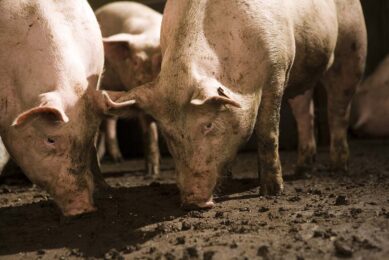
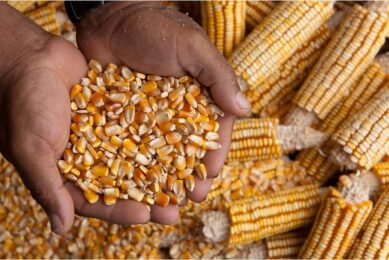
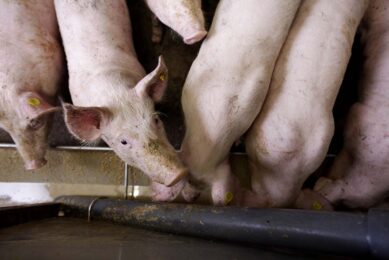
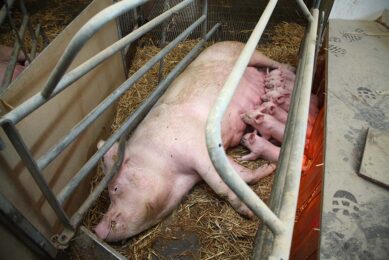



 WP Admin
WP Admin  Bewerk bericht
Bewerk bericht